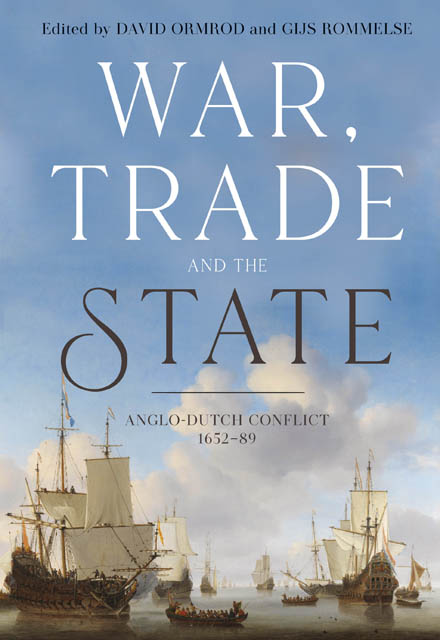4 - War, foreign relations and politics in the Netherlands from the Second Anglo-Dutch War to the Revolution of 1688
Published online by Cambridge University Press: 18 January 2023
Summary
The commemoration or, for the Dutch, celebration of the raid on the Medway in June 1667 drew a narrow focus on Anglo-Dutch relations in the second half of the seventeenth century. This dramatic episode was, however, just one of many encounters between the two states between 1650 and 1689 encompassing, inter alia, trade conflict and war, diplomacy and espionage, and religion. To a greater or much lesser extent all these elements were endemic during the period of the Second Anglo-Dutch War of 1665–67. The aftermath and impact of the war on the Dutch and the English reflected the complexities of international relations in early modern Europe and had significant implications for their internal politics. Priorities for the years 1667–72 and the outbreak of the Third Anglo-Dutch War were determined by a variety of often conflicting interests raising the question of how far the principal players were in control of these interests. Beyond the natural euphoria of a victory over the English at sea, and the conclusion of the treaty at Breda a few weeks later, the Dutch had to react quickly to political developments at home, challenges to their maritime trade and shifting international interests and allegiances. The English by contrast had to come to terms with a peace which confirmed their overseas conquests, but exposed the limits of the Stuart state, raising the crucial issue of the nature and role of the fiscal and administrative state under Charles II. To quote J.R. Jones, ‘One of the characteristics of the Anglo-Dutch wars that made them unique in the context of the seventeenth century was that governments in both countries had to rely on the co-operation of representative institutions.’
In the Dutch Republic one of the most visible and immediate effects of the successful enterprise was a temporary rise in the reputation of Cornelis de Witt, older brother and confederate of John de Witt, grand pensionary of the province of Holland since 1653. As a representative of the Holland city of Dordrecht, Cornelis played an active role in the management of military and naval actions and in 1664 had been scapegoated for the military withdrawal from the threat of incursions in the eastern provinces by the prince bishopric of Munster.
- Type
- Chapter
- Information
- War, Trade and the StateAnglo-Dutch Conflict, 1652-89, pp. 74 - 91Publisher: Boydell & BrewerPrint publication year: 2020

